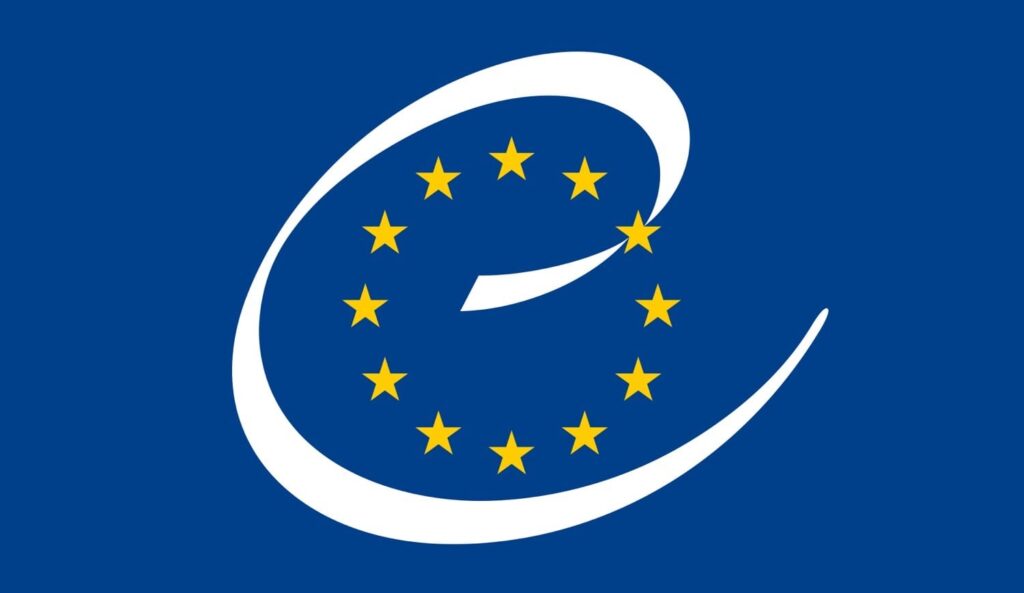Kosovo’s Financial Intelligence Unit (FIU) has partnered with the Council of Europe to improve crypto and digital currencies crime tracing skills.

Local finance leaders are participating in a multiday workshop, the next stage in Kosovo’s efforts to increase financial literacy in cryptocurrency.
Kosovo’s Financial Intelligence Unit (FIU) representatives will participate in a workshop on cryptocurrencies and the challenges associated with digital currencies as part of the CYBERKOP Action of the Octopus Project, an initiative of the Council of Europe, from September 24 to September 26.
Establishing the foundation for crypto
The Council of Europe has stated that the seminars will bring together financial intelligence experts, law enforcement, prosecutors, and the Central Bank of Kosovo to enhance the local knowledge and skills concerning digital currencies and Virtual Asset Service Providers (VASPs).
The workshop also intends to equip these institutions with enhanced tools for detecting and confiscating illicit digital currency transactions.
The FIU is a primary financial department within the Kosovar government that facilitates electronic communication with government agencies and financial institutions.
An additional primary objective of the sessions is to enhance comprehension of the current legal frameworks governing digital currencies and their licensing components.
Additionally, the workshop intends to address operations and investigations. The objective is to provide local Kosovar financial leaders with the necessary skills to confiscate virtual assets and manage criminal cases involving cryptocurrencies following the Council of Europe‘s guide on seizing cryptocurrencies.
Europe’s involvement in the crypto sector
Disputes regarding Kosovo’s legitimacy as a nation persist. Nevertheless, the European Union and the United States provide substantial ongoing support to the crypto industry in their respective regions, as both actively monitor and regulate it.
The European Union was among the first regions in the world to enact and enforce a comprehensive regulatory framework to regulate the cryptocurrency industry. June 2023 marked the implementation of the Markets in Crypto-Assets Regulation (MiCA).
By 2026, the 27 member states of the European Union must ensure that their local enterprises and institutions comply with MiCA laws. Enforcement will commence after this date.
Ireland and Spain have been taking proactive measures to prepare digital asset firms within their jurisdictions for the future, while member states have been devising their strategies for implementing the rules.
